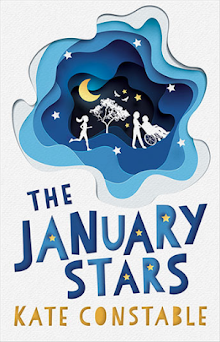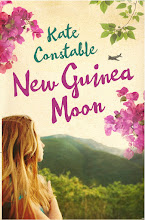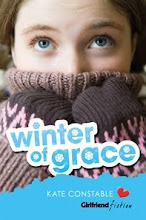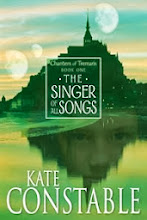I picked up this large print edition from the library reject trolley for $1, and it's one of the best dollars I've spent. Kate Adie is a former chief news correspondent for the BBC and has spent a lot of time in war zones, so she really understands the gritty and gory detail of war. However,
Fighting on the Home Front : The Legacy of Women in World War One spends more time back in the UK, examining the myriad contributions made by women in supporting the war effort, both directly and indirectly.
Of course many women did their bit on the battlefield, as nurses, drivers, entertainers, and many more stepped into fill the vacancies left by male soldiers, working in ammunition factories as 'munitionettes,' building tanks, farming, making ropes and nets, or informally working (without pay!) knitting, organising, fund raising, even playing football. Apart from nursing and knitting, all these efforts were greeted with disquiet, anxiety, and outright hostility, along with many protests that this work would only be necessary 'for the duration.' Even when women proved that they were more than capable of operating heavy machinery, driving buses or running hospitals, there was no question that they would be expected (allowed?) to continue doing so after the war was over.
Even the 'reward' for patriotic and humanitarian service, the granting of the vote, was a mixed gift. The vote was given to women over thirty-five, thus excluding the younger women who had carried out a lot of the actual work in factories etc for which women were supposedly being recognised. Kate Adie is an intelligent, humorous and wise companion on this fascinating journey, and along the way I met many other women whose stories should be more widely known, like Flora Sandes, who actually picked up a gun and fought with the Serbian troops, surgeon Elsie Inglis, and Mabel Stobart, who created all-women medical units who worked on the battle lines.
Definitely worth reading.

























